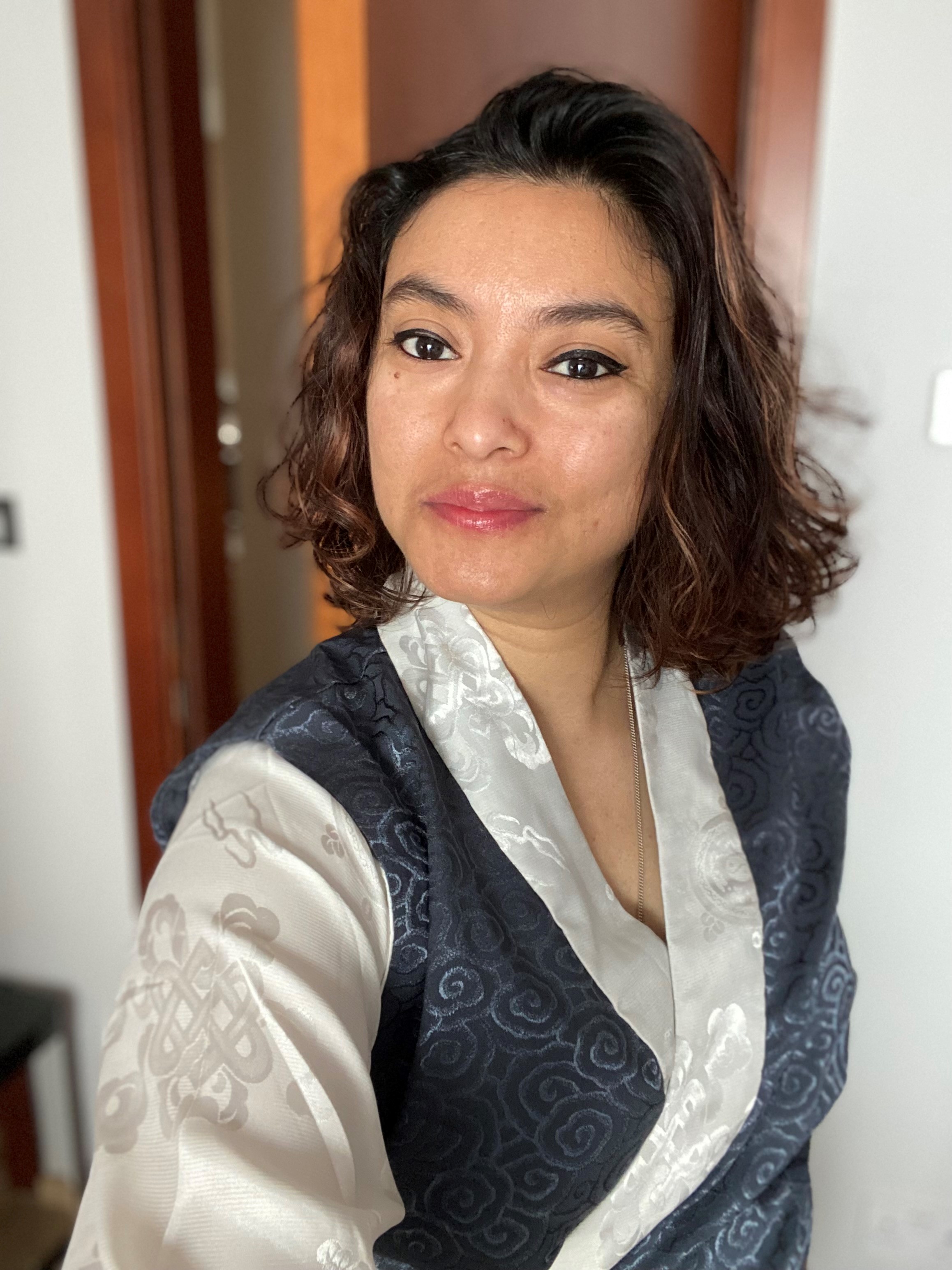PhD: Co-development of a digital activity programme, Keep On Keep UP (KOKU), for older South Asians
This research is led by Bibhusha Karki as part of her PhD Fellowship. For more information about Bibhusha’s research interests see our PhD Fellowship page.
What are we trying to do?
The primary goal of this project is to create a physical activity digital health programme tailored to the needs of older South Asians to improve their physical activities and health outcomes. The objective is to evaluate the feasibility, acceptability, and usability of a digital health programme Keep on Keep Up (KOKU) among older South Asians to advance healthy ageing within this community.
Why is this important?
The expanding elderly population in the UK poses significant challenges to healthcare resources as older people are the primary recipients of healthcare services.
A substantial portion of people over 65 face difficulties with Activities of Daily Living (ADLs), with prevalence increasing sharply with age.
Reduced physical activity among older adults heightens the risk of falls, a leading cause of injury-associated death in this demographic, and places a significant economic burden on the NHS.
According to the UK census, South Asians are the largest minority group. They face unique challenges due to diverse cultural, linguistic, and socioeconomic factors and are classified as ‘under-served’ communities. This population experiences elevated risks of long-term health conditions such as diabetes and cardiovascular disease, with lower quality of life scores and lower levels of physical activity exacerbating these risks.
Given the well-established benefits of physical activity in preventing various health issues, interventions tailored to improving physical activity levels hold potential for enhancing health outcomes within South Asian communities. Addressing these disparities is crucial for promoting the well-being and quality of life of elderly South Asians in the UK and reducing the strain on healthcare resources.
How are we doing it?
KOKU, a falls prevention intervention, has demonstrable effectiveness and user-friendliness among older adults in community settings. Based on the OTAGO/FAME falls prevention exercise programme, KOKU has shown notable improvements in balance, health status, and confidence after six weeks of independent use. The OTAGO exercises, focusing on strengthening and balancing lower limbs, are complemented by FAME exercises, which incorporate additional fitness components such as upper limb strength training to aid in activities like getting up from the floor.
Beyond structured exercises, KOKU features health literacy games and embedded behavior change techniques aimed at enhancing adherence and health outcomes. These evidence-based games cover topics like bone health, hydration, nutrition, and home safety. To ensure inclusivity, KOKU has been expanded to include multiple languages, including Urdu, to cater to the needs of the South Asian community.
This study aims to assess the usability, acceptability, and feasibility of KOKU within the South Asian community, focusing on informing future randomised controlled trials (RCTs) and enhancing engagement and uptake of KOKU in this community which comprises people and their descendants from Afghanistan, Bangladesh, Bhutan, India, Maldives, Nepal, Pakistan, and Sri Lanka. Community engagement activities to raise awareness about the importance of physical activity and healthy ageing across all South Asian communities are also taking place.
Full details can found in the protocol registered on PROSPERO.
Who are we working with?
- University of Manchester Healthy Ageing Research Group (HARG)
- The Dunhill Medical Trust
- Health Innovation Manchester (HInM)
- NIHR Policy Research Unit in Older Peopl and Frailty
- University of Manchester (UOM)
- Reason Digital
- The Innovation Factory
- South Asian community centers
- South Asian places of worship
- Charities for older people, particularly in the South Asian population
Webinar - Promoting healthy ageing: Inclusive approaches to physical activity for older adults (19.3.25)
Funding:
This PhD studentship is one of 6 that have been made available through a partnership between The Dunhill Medical Trust, ourselves at the National Institute for Health and Care Research (NIHR) Applied Research Collaboration Greater Manchester (ARC-GM), The University of Manchester, and the NIHR Policy Research Unit in Older People and Frailty / Healthy Ageing.
Downloadable Resources
- News Stories
news stories
- Awards
Bibhusha Karki has been highly commended in the category of Best Contribution to Society – Local Community as part of the PGR Excellence Awards 2025 - visit the PGR Excellence Awards webpage.
Contact Info:

PhD Fellow
Bibhusha Karki
bibhusha.karki@postgrad.manchester.ac.uk